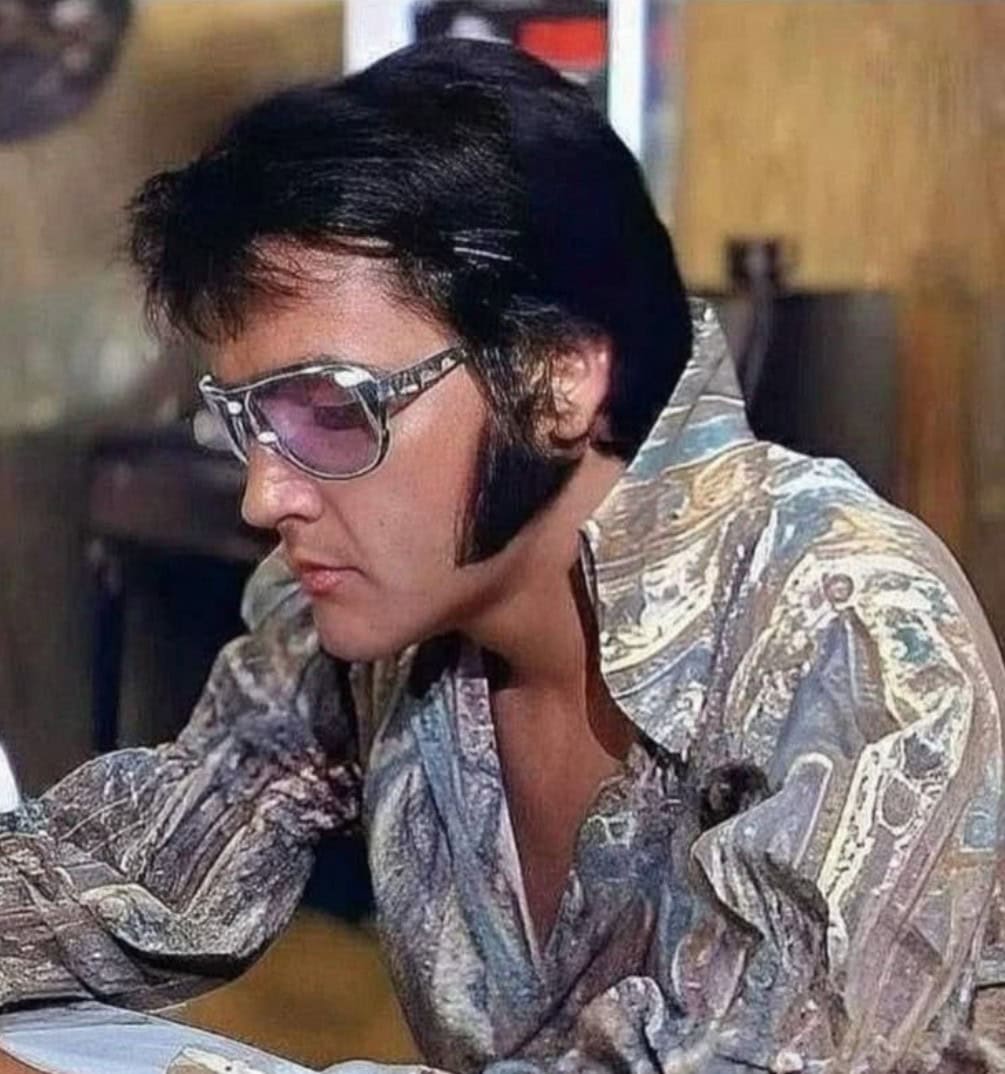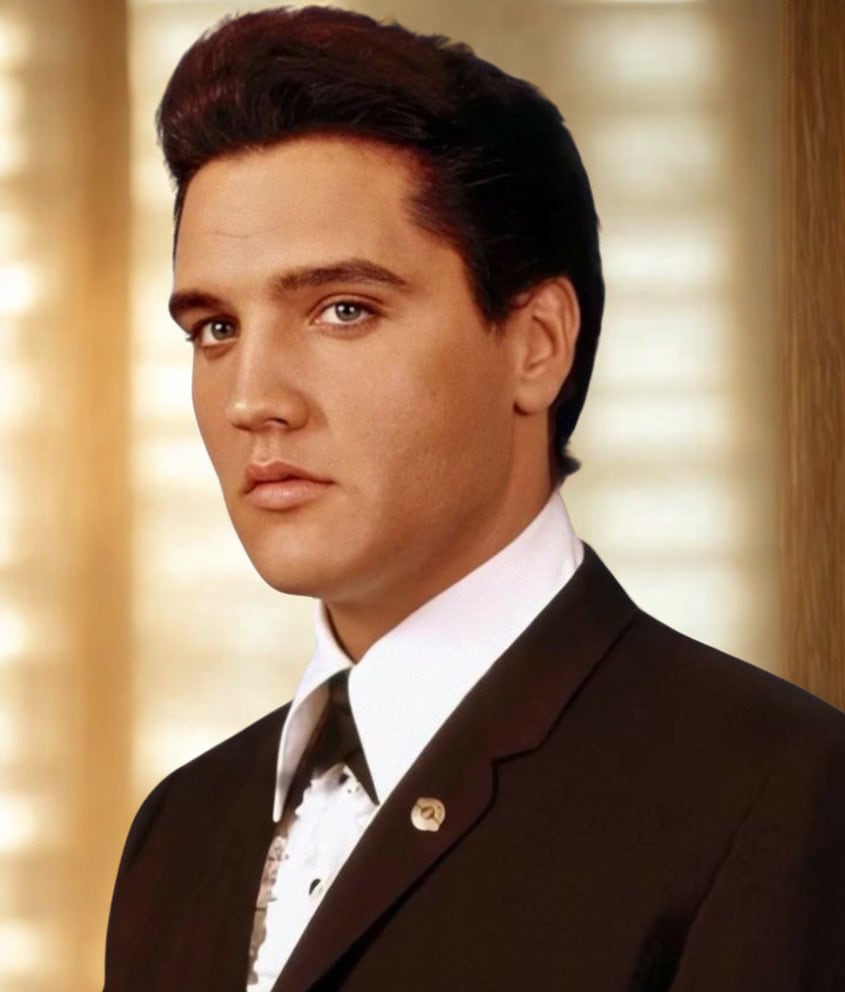
About the song
In the final years of his life, Elvis Presley, the man once hailed as the “King of Rock and Roll,” was no longer just battling the weight of fame but also the shadows cast by those closest to him. Many fans remember his dazzling performances and charismatic smile, yet behind the curtain, Elvis was a man struggling deeply. His trusted manager, Colonel Tom Parker, continued to push him relentlessly, prioritizing financial gain over Elvis’s health and well-being. Instead of finding comfort and peace, Elvis faced a cycle of exploitation, exhaustion, and emotional decline.
By the mid-1970s, Elvis was physically fragile and mentally drained. His grueling schedule of concerts and appearances, often enforced by Parker’s tight control, left little room for rest or healing. The once-vibrant performer turned increasingly dependent on prescription drugs to cope with the pressure and the loneliness that fame had brought. Fans saw the sparkle dim in his eyes, unaware that much of it was tied to a profound sense of depression. The man who gave joy to millions through his music was quietly enduring a deep sadness of his own.
This tragic reality highlights the darker side of fame—the imbalance between public adoration and private suffering. For Elvis, the betrayal by his manager during his most vulnerable years was a wound that never truly healed. His depression was not only a result of his declining health but also of realizing he was being treated less as a human being and more as a product to be marketed.
Elvis Presley’s story in those final days serves as a sobering reminder: even icons who seem larger than life are not immune to exploitation, loneliness, and despair. Beneath the crown of the King was a man longing for compassion, trapped in a world that took far more from him than it ever gave back.
